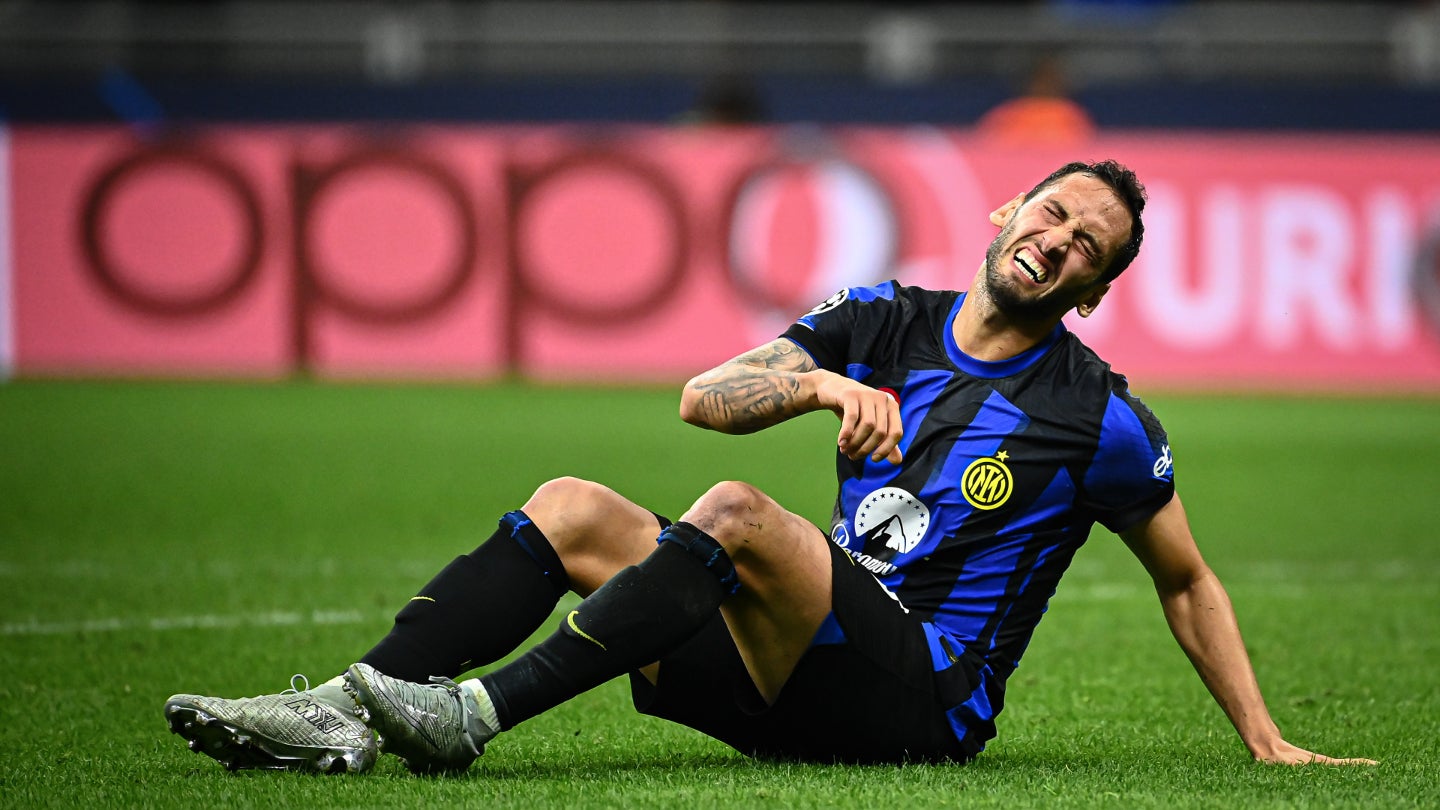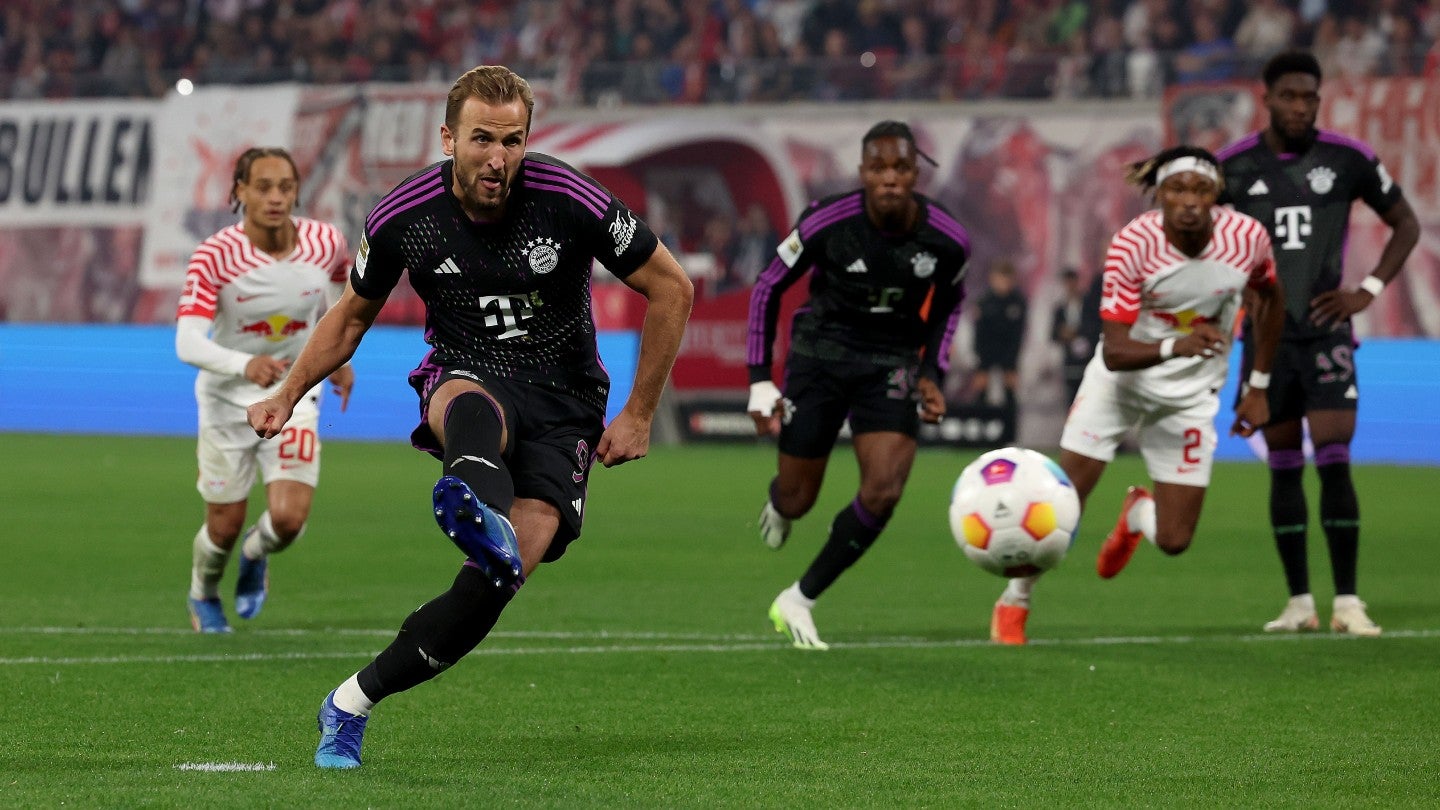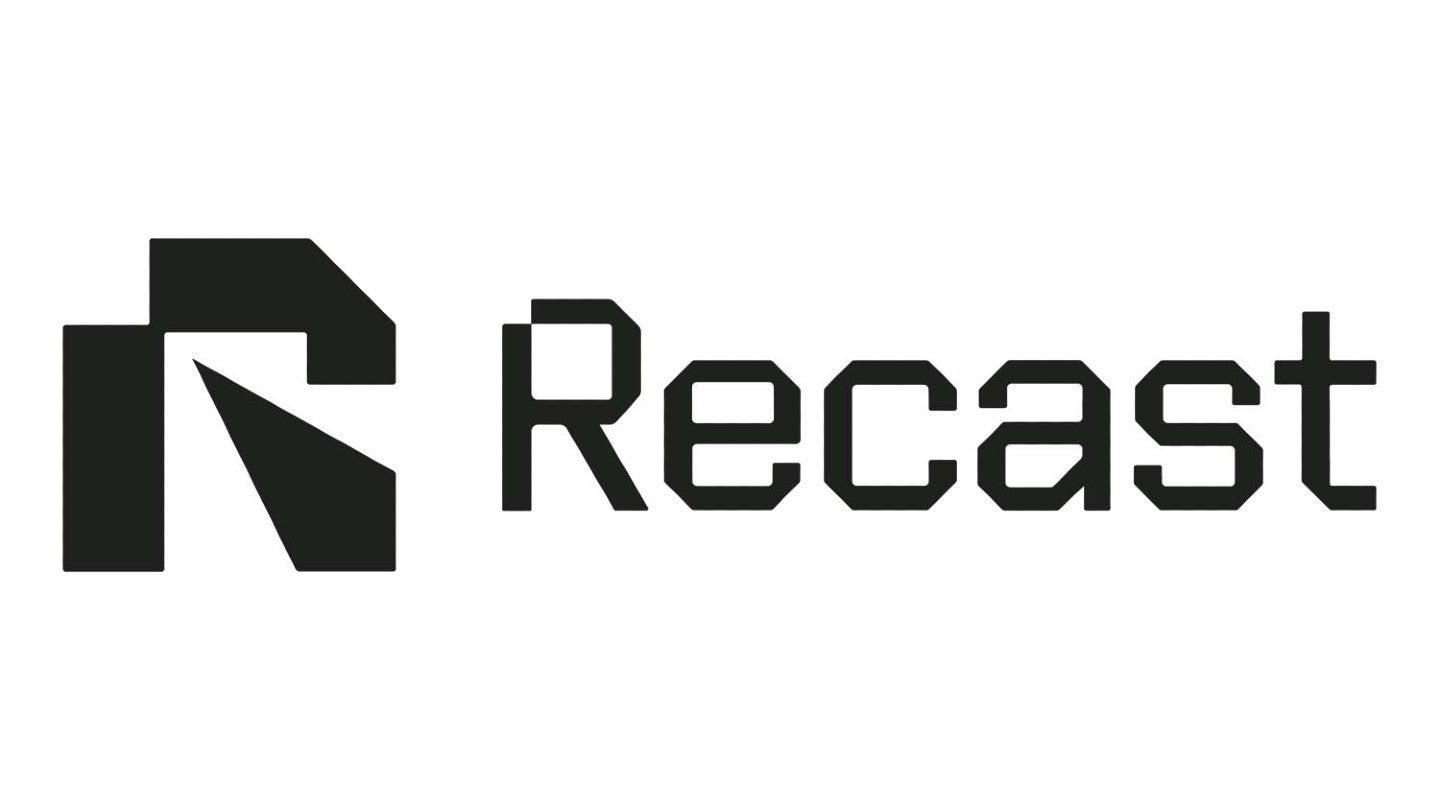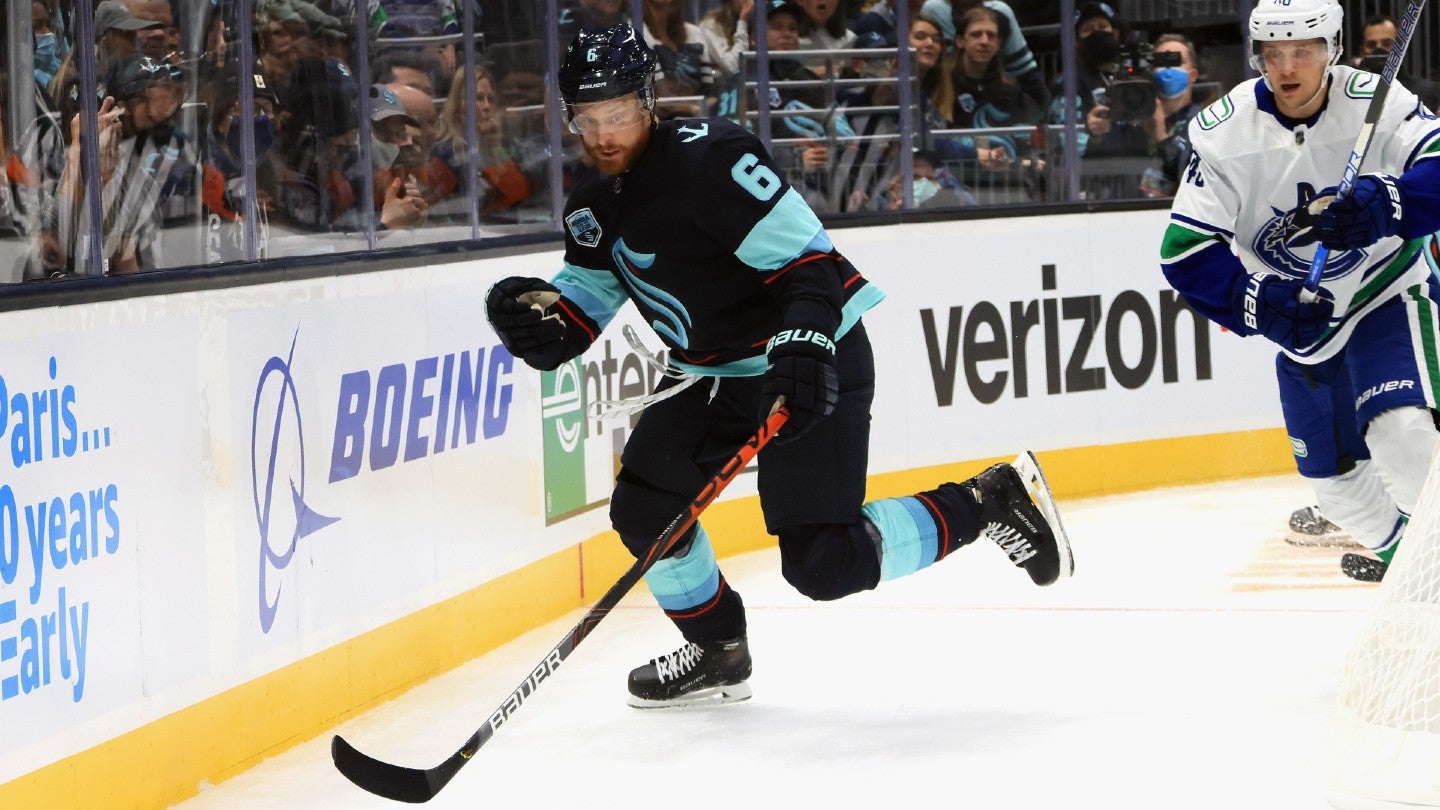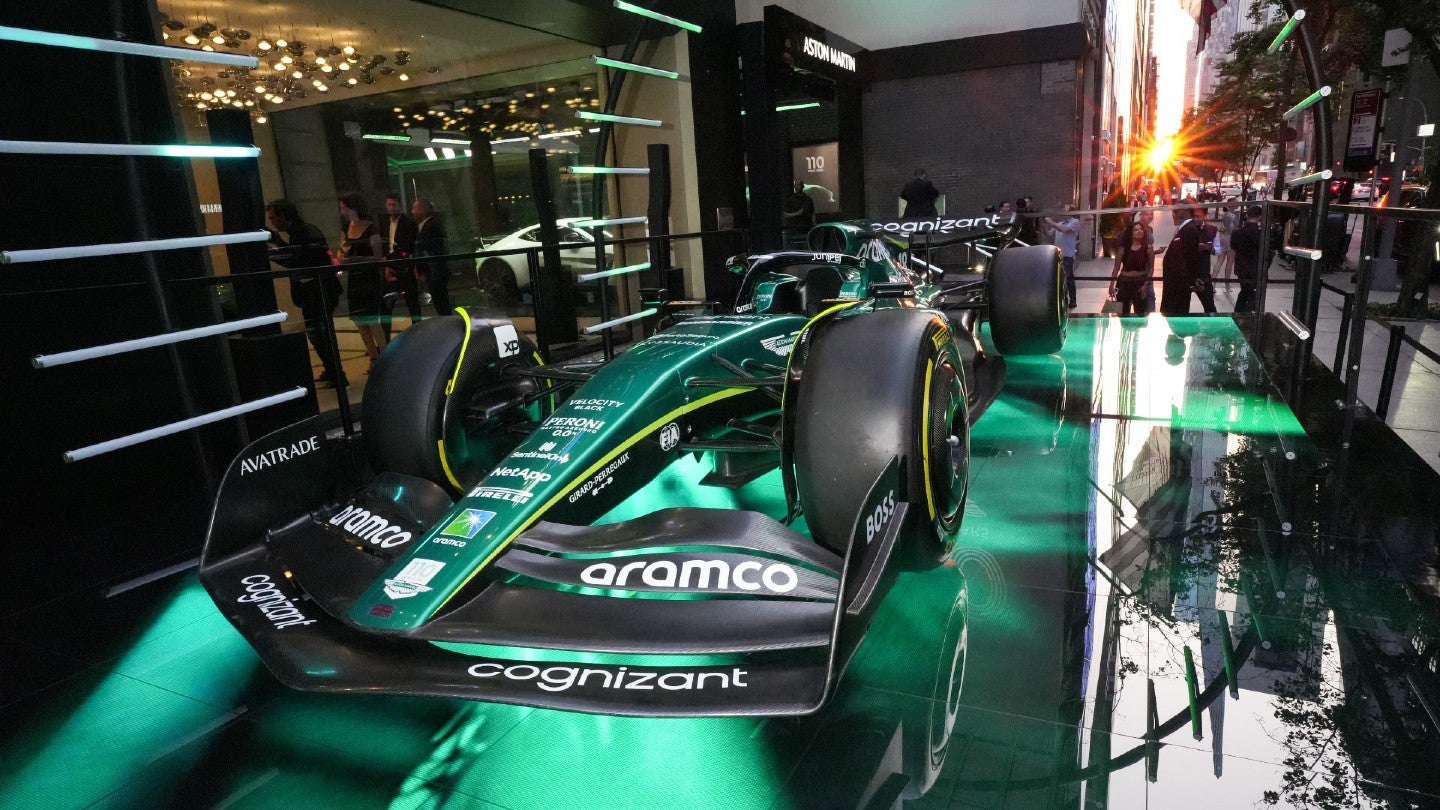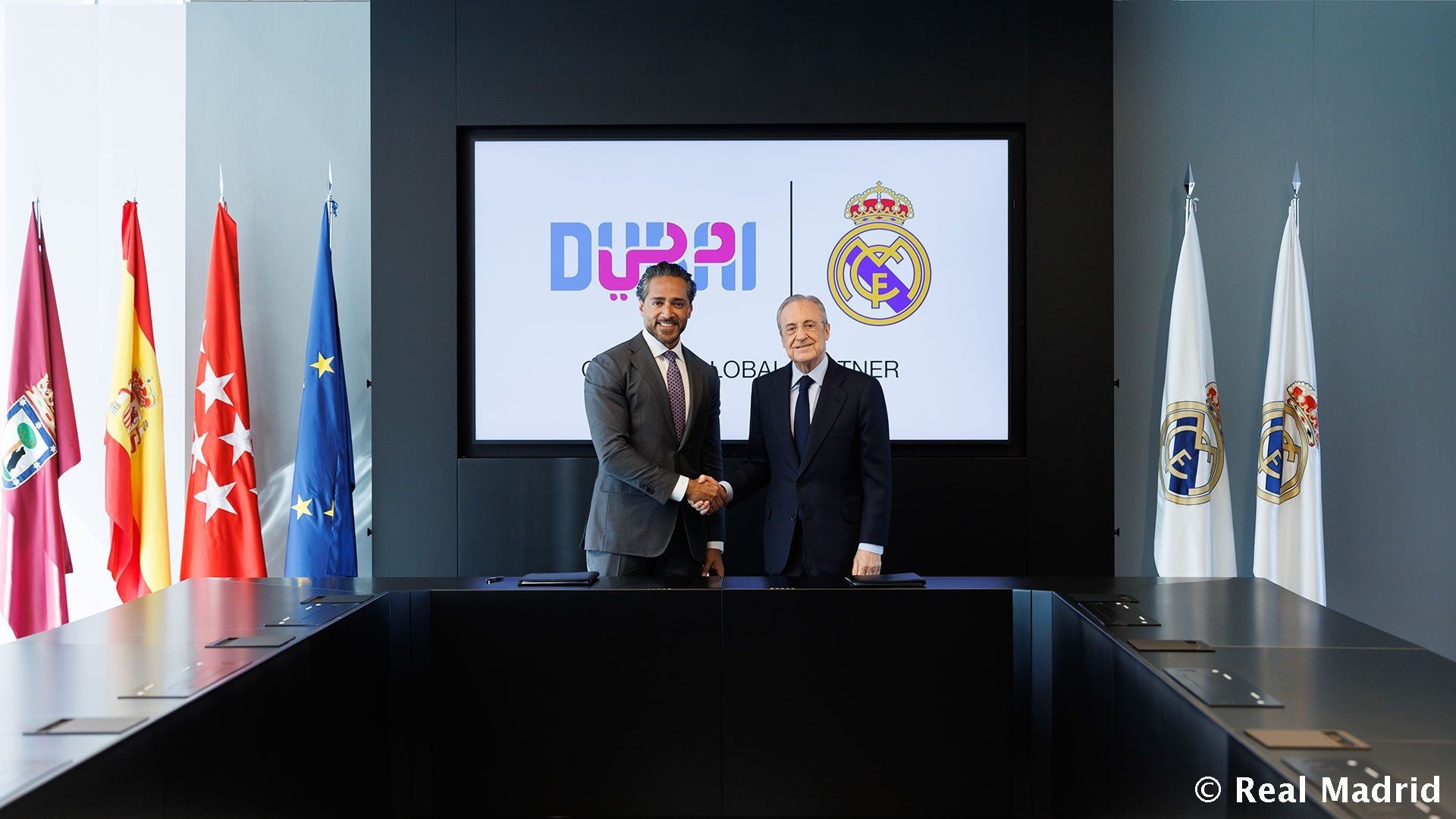Italian soccer giants Inter Milan are reportedly close to signing a sponsorship deal with Qatar Airways.
The pending partnership could see the Doha-based airline eventually become Inter Milan’s main shirt sponsor should the club not extend its current deal with US streaming service Paramount Plus, according to Italian media outlet La Gazzetta dello Sport.
The deal would reflect a wider trend of sporting organisations welcoming as sponsors airlines with links to the same state-owned companies.
A GlobalData report reveals that, so far in 2023, the airline sector has invested $990m in sports sponsorships across 294 active deals. Qatar Airways currently has 17 unique, active deals in the sports sponsorship market, spending $158m annually.
“Soccer clubs are the most sought-after partners,” comments GlobalData Analyst Jacob Kemp. “The sport accounts for 40% of all deals, an annual value of $522m.”
No other sport eclipses $100m annually, including basketball, which is the second-most popular sport among airline sponsors.
Qatar Airways’ shirt deal with Paris Saint-Germain (PSG) is a subject of controversy given that the French club is owned by Qatar Sports Investments.
As with Emirati-owned Manchester City’s partnership with UAE-based Etihad Airways, constant accusations have been made that these clubs’ state-owned sponsors are agreeing inflated sponsorship deals to circumvent Financial Fair Play (FFP) rules, helping PSG, Manchester City and others to outspend others for the world’s best soccer players.
Player prices have escalated to the extent that other teams in the English Premier League (EPL) have called for an end to nation-state ownership.
Airline sponsors are attracted by the size, prestige, and profitability of the soccer industry.
While Kemp also points to “a sense of synergy between airlines and sport, with fans typically travelling across the continent in their thousands for soccer games, or further for competitions like the World Cup”, many emphasise less idealistic motives.
Despite the number of eyeballs, there is also a general lack of scrutiny over environmental, social, and corporate governance credentials among soccer’s regulatory bodies.
Human rights groups have repeatedly criticised organisations such as FIFA, UEFA and the English Premier League (EPL) for shining a favourable light on oppressive state regimes.
Amnesty International chastised FIFA for generating “huge profits” during the 2022 FIFA World Cup in Qatar, which the Guardian reported had resulted in the deaths of thousands of migrant workers, while Human Rights Watch has called on the EPL to “urgently adopt a human rights policy” following Newcastle United’s sale to a Saudi consortium.


